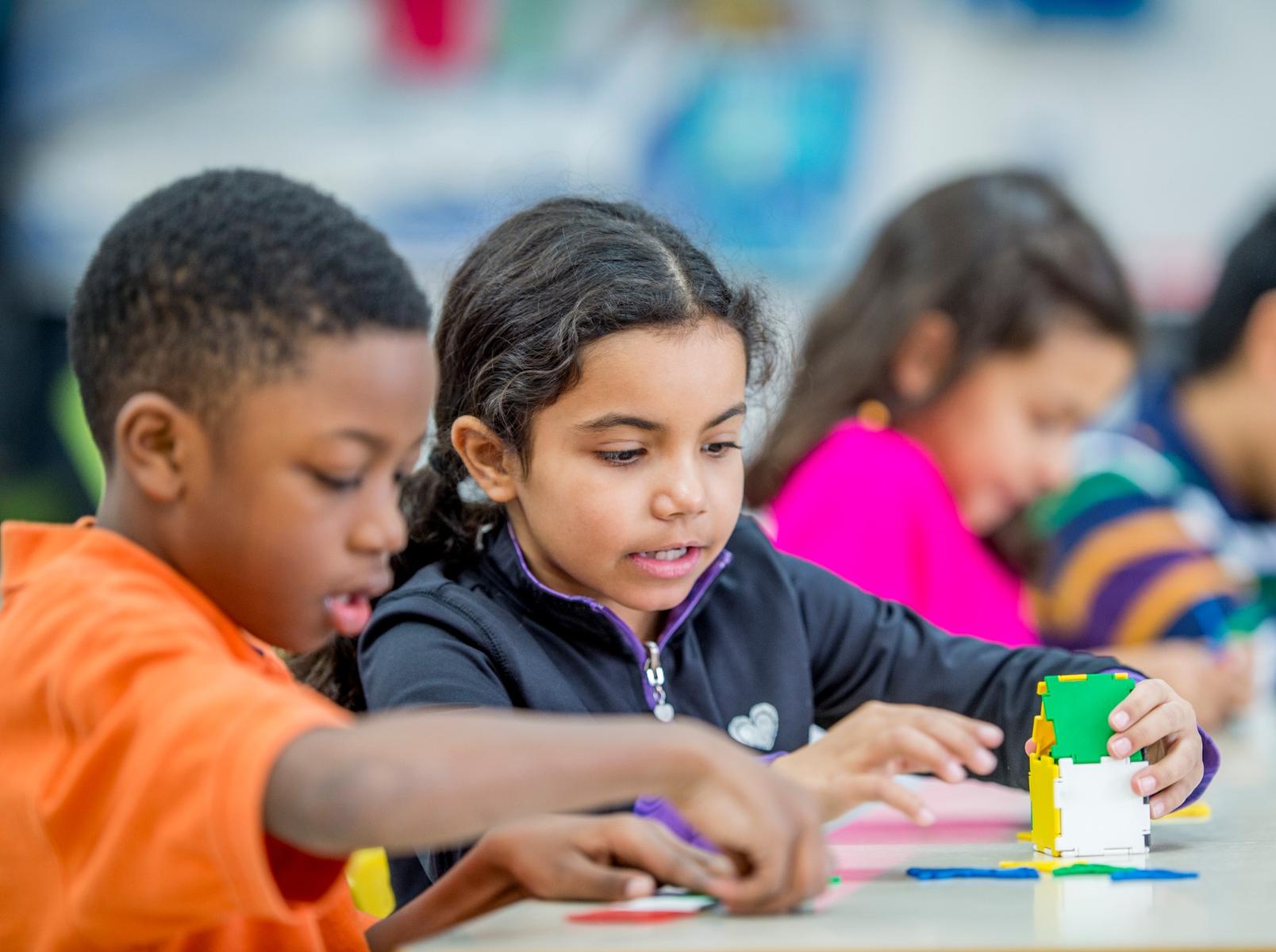Social emotional learning (SEL) refers to the process of developing social and emotional skills that enable individuals to manage their emotions, establish positive relationships, and make responsible decisions. SEL has been shown to have a significant impact on student success, both in academic and non-academic areas. In this article, we will explore why SEL is vital for student success.
Improved Academic Performance
Research has shown that students who receive SEL education perform better academically. This is because social emotional learning stories helps students develop the skills and attitudes necessary for academic success, such as perseverance, self-discipline, and motivation. SEL also helps students develop critical thinking and problem-solving skills, which are essential for success in all academic disciplines.
Additionally, SEL education can improve students’ relationships with their peers and teachers, leading to a more positive school environment and increased engagement in the learning process. By teaching students how to manage their emotions, set goals, and communicate effectively, SEL education prepares them for success not only in school, but also in their personal and professional lives. It is therefore essential for schools to prioritize SEL education as a key component of their curriculum.
Positive Social Skills and Relationships
Social emotional learning helps students develop positive social skills and relationships, which are critical for success in all areas of life. SEL teaches students how to communicate effectively, resolve conflicts, and cooperate with others. These skills are essential for success in the workplace, relationships, and other areas of life.
In addition to these interpersonal skills, social emotional learning stories also supports the development of self-awareness, self-regulation, and responsible decision-making. With SEL, students learn to understand and manage their emotions, make responsible choices, and set positive goals for themselves.
Overall, social emotional learning is a vital component of a well-rounded education. By equipping students with the skills and attitudes needed to navigate social situations and make positive decisions, SEL helps prepare them for success both inside and outside the classroom.
Improved Mental Health and Well-being
Social emotional learning has been shown to have a positive impact on mental health and well-being. SEL helps students develop the skills and attitudes necessary for emotional regulation, stress management, and self-care. These skills are essential for maintaining good mental health and well-being.
Preparation for the Future
Social emotional learning helps students develop the skills and attitudes necessary for success in the 21st century workplace. Employers are increasingly looking for employees who have strong social emotional skills, such as communication, teamwork, and problem-solving. SEL prepares students for the demands of the modern workplace and provides them with a competitive advantage in the job market.
Social emotional learning is a crucial aspect of education, as it equips students with the abilities and mindsets that are essential for thriving in the contemporary workplace. With employers placing greater emphasis on social emotional skills like communication, teamwork, and problem-solving, it is becoming increasingly important for students to develop these competencies early on. SEL not only readies students for the challenges of the modern work environment, but also gives them an edge over their peers in the job market. By fostering social emotional skills, educators can play a vital role in shaping the future success of their students.
Conclusion
Social emotional learning is vital for student success. SEL helps students develop the skills and attitudes necessary for academic success, positive social skills and relationships, good mental health and well-being, and preparation for the future. Schools and educators should prioritize social emotional learning as an essential component of education to ensure that students are well-prepared for the challenges of the 21st century.











